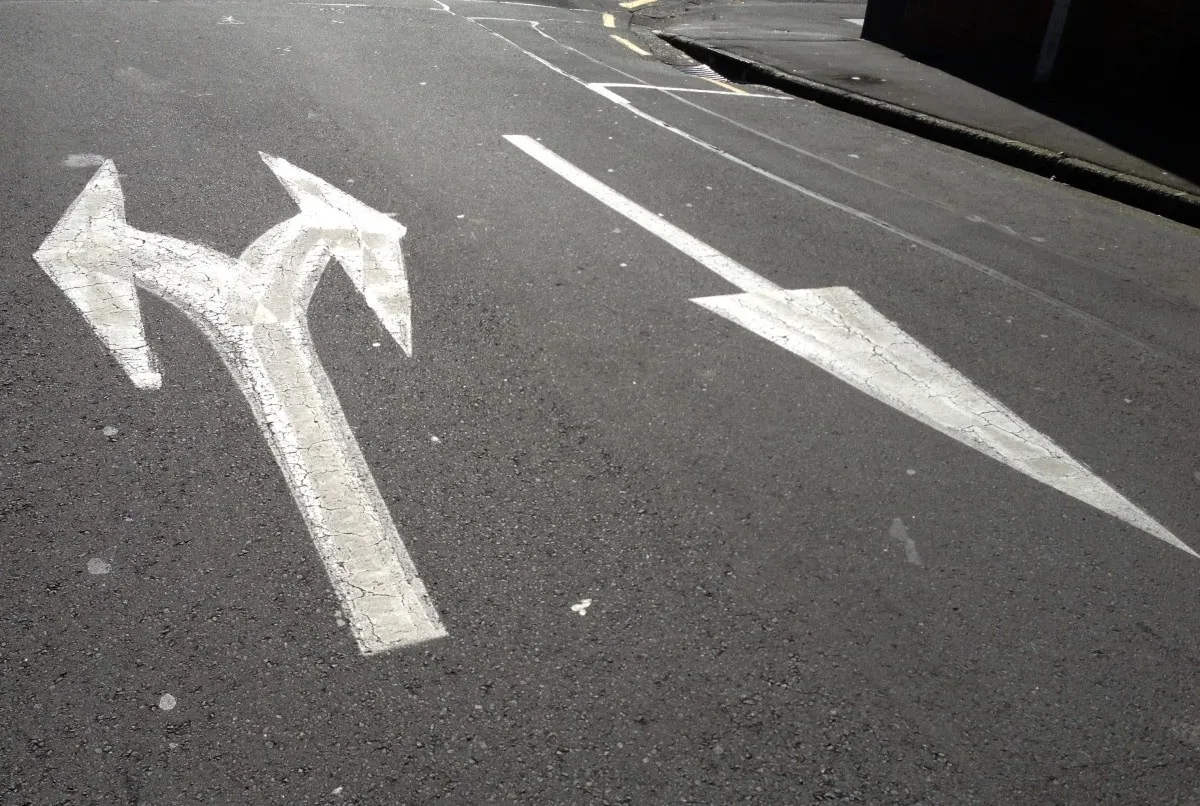Sales Tips from Kasper & Kent: Choose the right buyer!
You are selling your home, and suddenly, the moment has come; you have received several offers from potential buyers and must negotiate with these parties simultaneously, ultimately trying to reach the best possible agreement. A natural reaction would be to select the highest bid and give the other potential buyers the chance to make a higher offer. If a higher bid comes in, you give the others another chance to bid higher, continuing this process until you achieve the highest possible bid. After all, you are thinking about your wallet. In some cases, this can be a good strategy, but in a real estate transaction, not only the offered price but also the solvency of the buyer is important. Property prices continue to rise, making it increasingly difficult to financially secure the purchase of a home.
Therefore, it is often wise to also consider the solvency of a potential buyer. Do they need a loan or not? If they need a loan, can they make an offer without conditions, or do they want a suspensive condition for obtaining a loan? If they want a suspensive condition, how long should it last? Besides solvency, there are other characteristics of a potential buyer that can be important in the transaction. What are their expectations regarding the timing of the purchase deed? Do they want to move in quickly or as late as possible? And does that timing fit with the timing you had in mind as a seller?
Or do they want you to take care of certain things (for example, the electrical installation) or do they have other conditions? It is clear that besides the price, many other elements can determine the smooth and successful completion of a real estate transaction. Therefore, it is advisable to not only look at the price of the bids during negotiations but also at the profile of the potential buyer. With which of the potential buyers would you (regardless of the offered price) prefer to reach an agreement? With which potential buyers is there the least risk that the agreement will fall through at a later stage? An offer and its acceptance is only the first step in the sales process. There are many steps and potential obstacles that both parties must overcome during further formalization. To choose the right party in this regard, it is important to ask a potential buyer enough questions to get the best possible picture of their profile.
It happens that a sale falls through at a later stage due to insolvency or other problems with the potential buyer. This is obviously very annoying because the other potential buyers have already been dismissed, and the sale has to start over from scratch. In practice, this also proves to be the most common mistake made by owners selling their property themselves. Understandably, with little experience in real estate transactions, it is not easy to see the pitfalls.
In short, don't just focus on the amount of the various bids and ensure that you also choose the right potential buyer in terms of solvency and profile.

